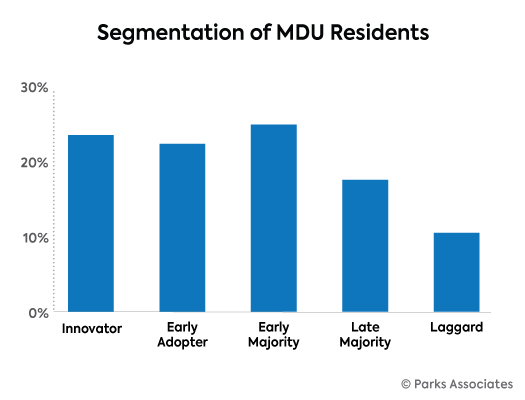Protecting Multi-Dwelling Unit Internet Data Flow Through Robust Encryption Protocols for Safeguard End-User Confidentiality and Information Integrity
Protecting Multi-Dwelling Unit Internet Data Flow Through Robust Encryption Protocols for Safeguard End-User Confidentiality and Information Integrity
Blog Article
In today’s digital landscape, protecting internet traffic is more crucial than ever before, especially in Multi-Unit Buildings (MDUs) like flat complexes and condo settings. Such environments often have many tenants utilizing the same web connection, which can lead to possible security risks. To ensure that users' privacy and information security are maintained, it is essential to adopt robust coding protocols. Data encryption is a technique that encodes data, rendering it inaccessible to individuals who do not have the correct credentials to decode it. This procedure helps maintain individual information secure from cybercriminals and unapproved users.
One of the widely commonly used encryption protocols is SSL Socket Layer (SSL) and its successor, TLS Security (TLS). These protocols establish a protected connection between a resident's device and the web, guaranteeing that all information transferred remains confidential. When residents in an MDU use sites that utilize SSL/TLS, their personal data, such as passwords and payment billing numbers, is secured. This implies that even when someone attempts to capture the information, they would only see a jumble of characters and digits, rendering it nearly impossible to comprehend. By promoting the adoption of such standards, MDUs can greatly enhance the safety of their residents' online actions.
A further crucial encryption method is Virtual Secure Tunnel (VPN) technology. A VPN establishes a protected tunnel for internet data, which safeguards individuals from invasive observers, especially when using public wireless networks. In an MDU, in which many tenants may link to the same network, employing a VPN can assist guarantee that individual web actions remain private. This is particularly crucial for tasks such as online banking or retrieving confidential data. By promoting the use of VPNs among residents, MDUs can cultivate a more secure online environment and assist safeguard against information leaks.
Alongside such coding techniques, it is essential for MDUs to educate their tenants about the importance of top article cybersecurity. Many individuals may not be aware of the threats linked with utilizing common internet connections. Offering information on how to identify phishing attempts, the importance of robust credentials, and the advantages of employing encrypted websites can enable tenants to take control of their internet security. Workshops or informational meetings can be effective ways to raise awareness and promote optimal practices for internet safety.
Finally, MDUs should think about collaborating with web service companies (ISPs) that prioritize security and offer enhanced encryption features. By collaborating with ISPs that implement strong coding protocols, MDUs can guarantee that their tenants have availability to secure internet connections. This collaboration can lead to enhanced general security for the entire complex, as well as enhanced trust among residents. By implementing these steps, MDUs can create a more secure internet environment, protecting resident privacy and data security in an increasingly connected environment.